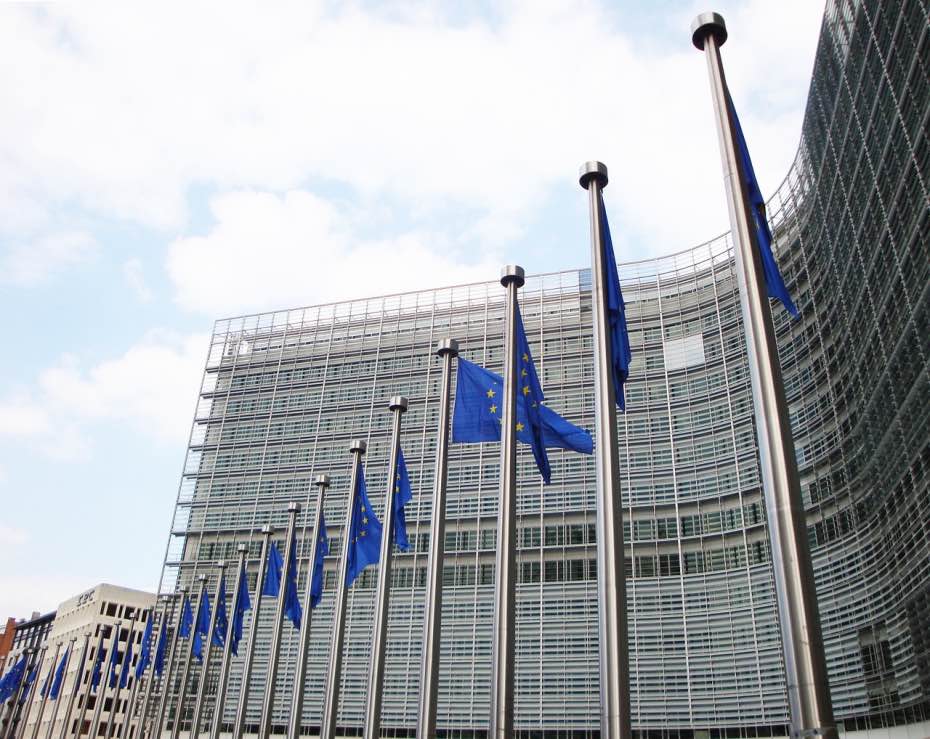The European Commission has published today an evaluation of the recast European Works Council Directive.
The detailed report sets out how the Members States have implemented the recast elements of the Directive, the main evaluation findings, and the corresponding policy responses from the Commission.
European Works Councils
European Works Councils (EWCs) are bodies representing the European employees of a larger transnational company. Through them, management informs and consults workers on the progress of the business and any significant decision at European level that could affect their employment or working conditions.
Most stakeholders agree that the Recast Directive has improved the clarity of the legal framework
The Commission finds that the large majority of Member States have properly transposed the EU legislation, which aims to strengthen employees’ right to such transnational information and consultation.
Most stakeholders agree that the Recast Directive has improved the clarity of the legal framework. The EU value added of the Directive was confirmed: All stakeholders consider the rules relevant and a significant contribution to ensuring transnational social dialogue at company level.
Good practice among companies
According to the report, information for workers improved in terms of quality and scope but the Directive has not increased the rate at which new EWCs are set up. In order to reinforce the creation and effectiveness of EWCs, the Commission proposes to pursue the following measures:
- creating and sharing a practical handbook for EWC practitioners,
- providing funding to social partners to support the implementation and effectiveness of EWCs, and
- ensuring the full implementation of the Directive in Member States.
Marianne Thyssen, Commissioner for Employment, Social Affairs, Skills and Labour Mobility, commented: «We should build on good practice among companies already using European Works Councils and on the knowledge of EU social partners to stimulate more take-up of this important instrument and to make existing ones even more effective. And the Commission will put its money where its mouth is: We will dedicate a €7 million grant programme in 2019 to support the implementation of the handbook and step up our support to social dialogue in the EU.»
The evaluation report will now be shared with the European Parliament and the Council.














